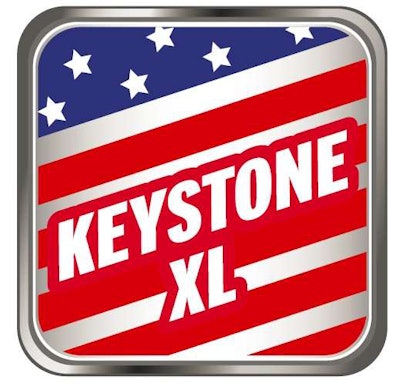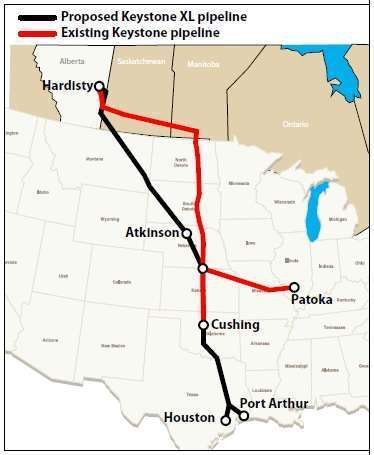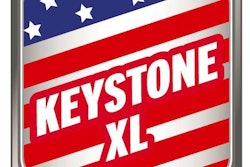
The ball remains in President Obama’s court upon approval of a bill by both houses on Congress. The bill will now go to Obama to either sign or issue a veto. If signed, it would approve the Keystone XL pipeline for construction. Votes in the House did not reach the two-thirds majority that would be required to override a veto by Obama, something he has signaled he would do if the bill arrived before completion of numerous federal studies under way.
The news follows takeover of the formerly Democratic Party-held Senate by a Republican majority last November, when incoming Republican Congressional and Senate leadership vowed to make another attempt at passing legislation to approve the long-in-waiting TransCanada Keystone XL pipeline. Their previous attempt in November failed to pass the Democratically-controlled Senate by a single vote.
When the legislation granting necessary approvals for the pipeline, which many feel the Obama administration has delayed unnecessarily, passed the Senate late last month by a vote of 62-36, the vote mirrored support percentages in Overdrive‘s polling of readers (though larger majorities among readers showed support) on the subject of the pipeline:
Three in four readers expressed support for pipeline’s construction in the late-November polling.
 The XL pipeline and Gulf Coast Project and Cushing Extension south links are additions to the existing Keystone pipeline and would connect Canadian oilfields with ports on the Gulf but also would transport U.S.-produced crude in Northern states such as Montana and North Dakota.
The XL pipeline and Gulf Coast Project and Cushing Extension south links are additions to the existing Keystone pipeline and would connect Canadian oilfields with ports on the Gulf but also would transport U.S.-produced crude in Northern states such as Montana and North Dakota.“Any addition of oil to the global market is a bonus,” putting downward pressure on prices, noted Jack Simon in support of the added pipeline capacity that the Keystone XL represents.

Said Dave Nichols, along similar lines: “Without pipelines, of which there are thousands, we would be unable to afford fuel for our trucks. It would be a physical impossibility to supply the retail market with fuels without pipelines.”
Objections to the pipeline tend to center on environmental concerns as well as the temporary nature of most of the employment that will result directly from the pipeline’s construction. “There is no real benefit to running it through the USA,” said M. Rick Richards, commenting at Overdrive’s Facebook page, but “to the oil companies. It goes to the Gulf of Mexico and onto a ship to China. There would be minimal long-term jobs.”











